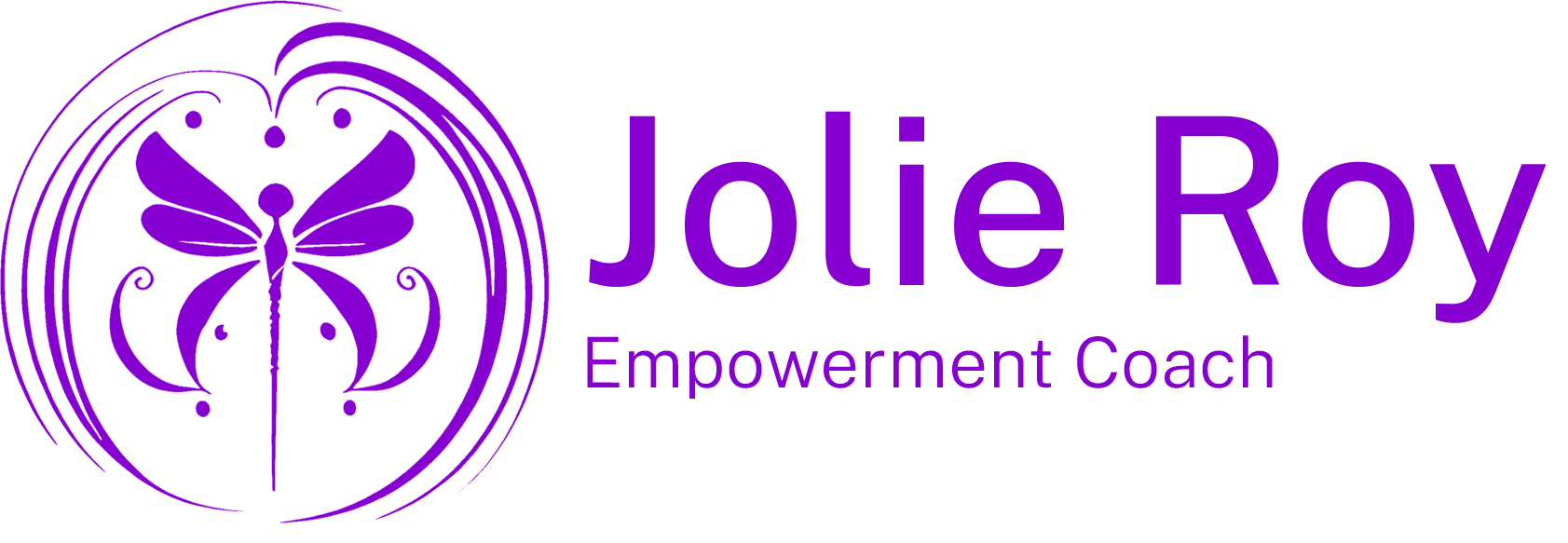Coaching or Therapy – Or Both?
 Why would I need a coach? I’m already seeing a therapist!
Why would I need a coach? I’m already seeing a therapist!
Both therapy and life coaching serve distinct yet complementary purposes, and whether you need one or both depends on your specific needs and goals. While therapy typically focuses on mental health, emotional healing, and addressing past traumas, life coaching is more future-oriented, concentrating on personal and professional development, goal setting, and achievement. Here are some reasons why you might consider having both a therapist and a life coach:
- Different Focus Areas:
- Therapy: Primarily addresses mental health concerns, emotional well-being, and healing from past experiences.
- Life Coaching: Concentrates on setting and achieving future-oriented goals, personal growth, and enhancing specific areas of your life, such as career, relationships, or personal development.
- Comprehensive Support:
- Therapy: Offers a safe space for exploring and understanding your emotions, relationships, and past experiences, providing tools for coping and healing.
- Life Coaching: Provides guidance and strategies for setting and achieving goals, creating a vision for the future, and optimizing your overall life satisfaction.
- Holistic Development:
- Therapy: Focuses on emotional and psychological aspects, helping you navigate mental health challenges and fostering self-awareness.
- Life Coaching: Enhances various aspects of your life, including career, relationships, time management, and personal fulfillment, promoting a holistic approach to development.
- Goal-Oriented Approach:
- Therapy: Explores and processes emotions, traumas, and patterns to promote healing.
- Life Coaching: Concentrates on identifying and achieving specific, measurable goals, providing actionable steps and accountability for progress.
- Present vs. Future Focus:
- Therapy: Often centers on understanding and addressing current emotional states and past experiences.
- Life Coaching: Primarily looks to the future, helping you create a vision for the life you want and supporting you in taking steps to achieve it.
- Collaborative vs. Guiding Role:
- Therapy: Involves a collaborative process between you and your therapist, with the therapist often taking a more active role in guiding the therapeutic process.
- Life Coaching: Typically involves a more active coaching role, with the coach providing guidance, support, and accountability as you work toward your goals.
Ultimately, the decision to have both a therapist and a life coach depends on your unique needs and the specific areas of your life you wish to address. It’s important to communicate openly with both professionals, ensuring they are aware of each other’s roles and collaborating as needed to support your overall well-being and development.
